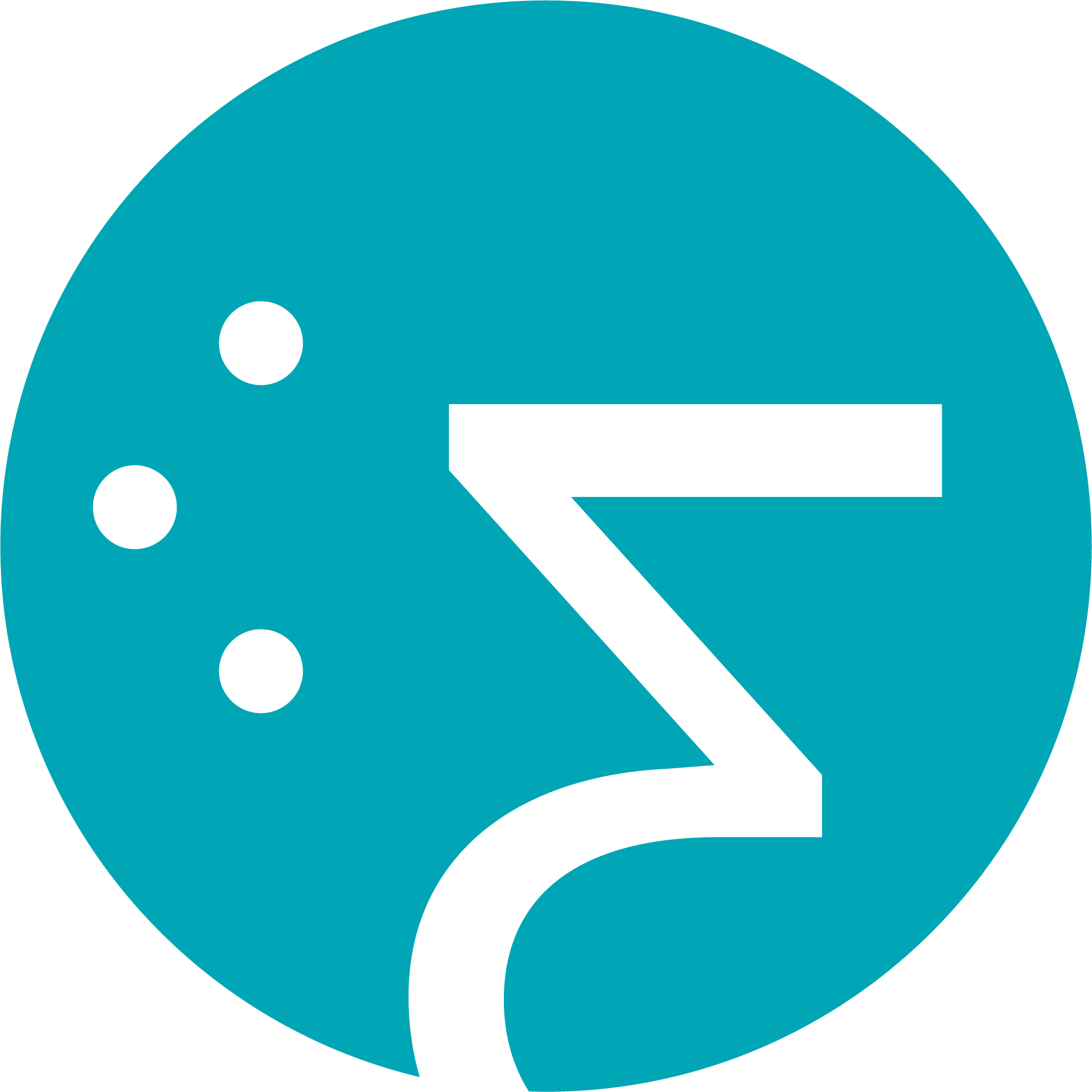Mashing Together the Outsourcing and SaaS Markets
“Mash ups” has become a popular term in the rapidly changing IT industry. It generally refers to the convergence of divergent technologies and markets to create new solutions.
For example, we are currently seeing a surge of mash-ups that are bringing together digital content and mobile communications to create new media alternatives such as a variety of ‘on demand’ music and movies now readily available on your Ipod or cellphone.
The merging or “mashing” together of disparate markets is also occuring in the outsourcing and software-as-a-service (SaaS) markets.
The prime example of this new trend is the recent announcement of a strategic alliance between Tata Consultancy Services (TCS) and Salesforce.com.
Under this agreement TCS will use many of the SaaS solutions in Salesforce.com’s AppExchange as the basis of new outsourced services. Instead of relying entirely on traditional long-term outsourcing contracts, TCS intends to develop a new set of ‘on-demand’ business services that will be more palatable and profitable than its current labor-intensive engagements.
As my previous blog stated, the traditional outsourcing business is struggling under the stress of escalating globalization and intensifying price competition. The established players can no longer afford the long salescycles and uncertain breakeven points of mega-outsourcing arrangements. Especially, when approximately half of these deals fail to achieve their original business or service level objectives (SLOs) and are terminated or restructured.
TCS is among the first major outsourcers to establish an alliance with a SaaS provider to create more cost-effective alternatives. Just as the outsourcers did in the 1980s-1990s when they teamed with the major enterprise application vendors, I expect the outsourcers to partner with leading SaaS providers to create ‘out-tasking’ [my term] alternatives that better respond to customers’ ‘on demand’ preferences.



